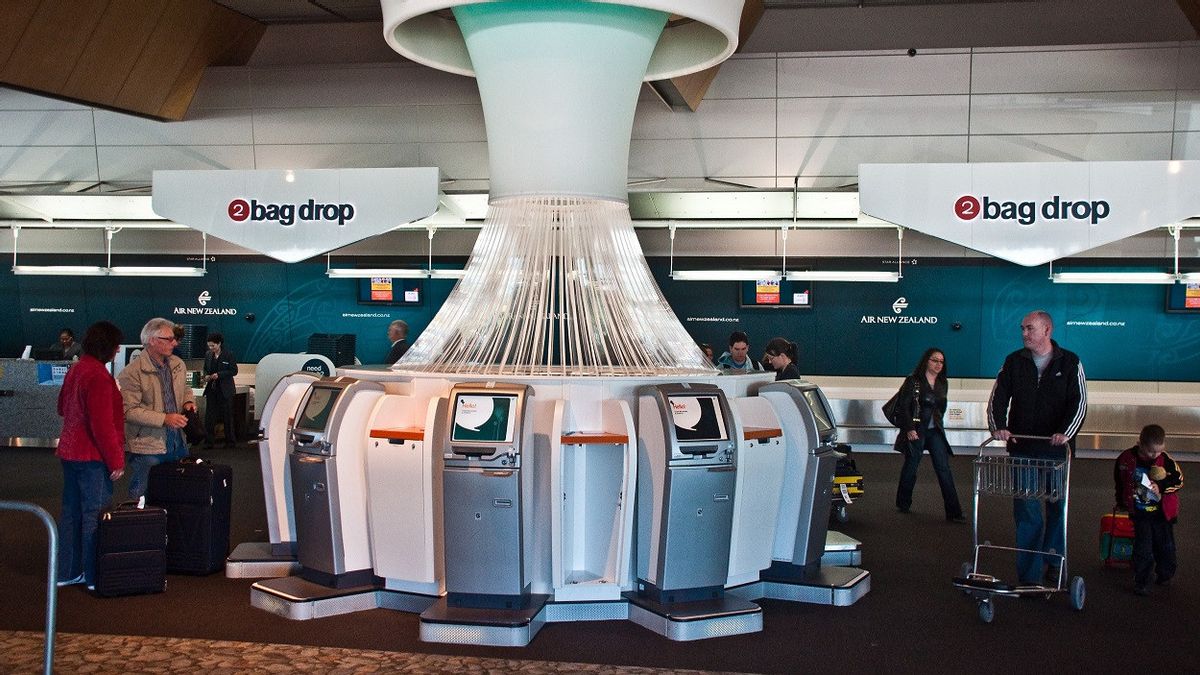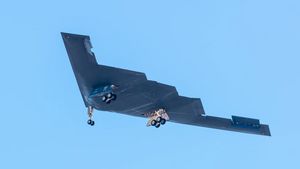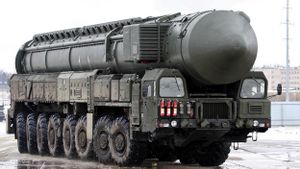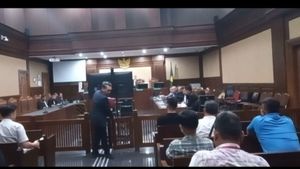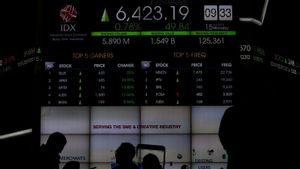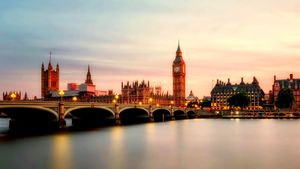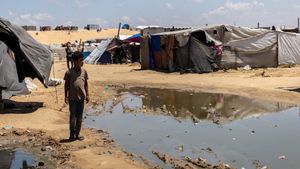JAKARTA - Under pressure from the business and public sectors over the threat of a labor shortage, feared to trigger inflation, New Zealand Prime Minister Jacinda Ardern unveiled plans to reopen the country's borders.
PM Ardern has received global praise for containing local transmission of COVID-19 through an elimination strategy, imposing a strict lockdown and closing New Zealand's international borders in March 2020.
However, those tactics are now weighing on an economy that relies heavily on immigrant labor, leading to higher costs and lower job output.
Dairy, horticulture, housing, services, health and other public sectors reported staff shortages, calling on the government to open border closures.
The pressure was seen on Monday when about 1,500 hospital midwives quit their jobs, citing overwork due to a lack of manpower.
Meanwhile, more than 30,000 nurses will go on strike later this month for the second time since June, demanding better pay and working conditions amid staff shortages.
"We rely on internationally qualified nurses to meet the needs of our staff. But with the border closures, we're getting nothing," said New Zealand Nurses Organization industry services manager Glenda Alexander.
"Nurses are exhausted, they themselves are sick and are constantly worried that they will make mistakes that could affect their patients."
The hotel sector is also experiencing the same thing. Meanwhile, some 2,000 restaurants suspended service and turned off their lights last month, as part of a two-month campaign to draw attention to the government's shortage of chefs and other skilled workers.

Recognizing this reality, PM Ardern has indicated she will remain cautious as next Thursday will outline her government's six-month plan for public health and border control.
"Any change to border arrangements will be considered carefully, incrementally, based on risk. We have come too far and have gained too much freedom to rush to the next step and back off," he explained.
Last week, PM Jacinda Ardern opened quarantine-free one-way travel for seasonal workers from Samoa, Tonga and Vanuatu, all countries with no active COVID-19 cases, to address labor shortages in the horticulture industry.
Meanwhile, New Zealand economists predict the pressure will force the Reserve Bank of New Zealand (RBNZ), to tighten monetary policy next week to avoid overheating of the economy.
"Monetary and fiscal policies are very likely to be out of step in creating demand," said ANZ Chief Economist Sharon Zollner.
The main concern for PM Ardern and policymakers is the Delta variant of the coronavirus, which is raging in neighboring Australia and the world. The outbreak prompted PM Ardern to suspend the quarantine-free travel bubble between New Zealand and Australia.
Experts have warned that the arrival of the Delta variant to New Zealand would result in a longer lockdown, especially given that only 21 percent of the country's population has been fully vaccinated.
"It (Delta) is much more dangerous than other types of COVID. It changes our risk calculation in the same way it changes everyone's risk calculation," said New Zealand PM Jacinda Ardern.
New Zealand has recorded around 2,500 cases of COVID-19, including 26 deaths, one of the lowest in the world, with the last reported case of local transmission in February.
The English, Chinese, Japanese, Arabic, and French versions are automatically generated by the AI. So there may still be inaccuracies in translating, please always see Indonesian as our main language. (system supported by DigitalSiber.id)
